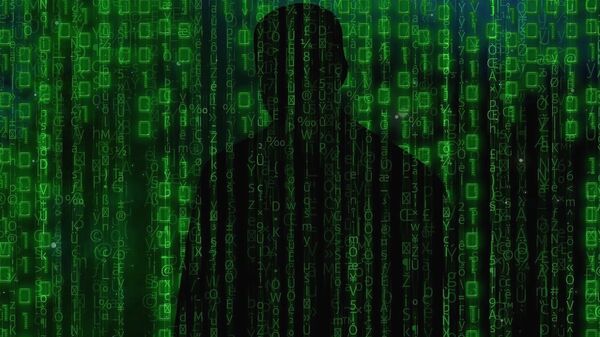Among the attacked newspapers were Aftonbladet, Expressen, Dagens Nyheter, Svenska Dagbladet, Dagens Industri and Sydsvenskan, the source said.
"Similar attacks happened in the past, but they were never coordinated," Anders Alkvist, an expert on cybercrime and security, told Radio Sweden.
That's why the Saturday attacks were the biggest cybercrime in Sweden's history, Alkvist said.
"Right now, it's important to gather all available facts and understand what exactly happened," he said.
Shortly before the websites of Swedish newspapers were brought down, a warning was posted on Twitter using an anonymous account. The warning tweet said that the websites of newspapers that "spread false propaganda" would be attacked.
According to the Local, about an hour later, a second tweet said: "This is what happens when you spread false propaganda."
The scale of the cyberattacks is said to have been "extremely dangerous and serious," said Jeanette Gustafsdotter, the head of the Swedish Media Publishers' Association.
"To threaten access to news coverage is a threat to democracy," Gustafsdaughter said, as cited by the Local.
The Swedish police have launched an investigation.



